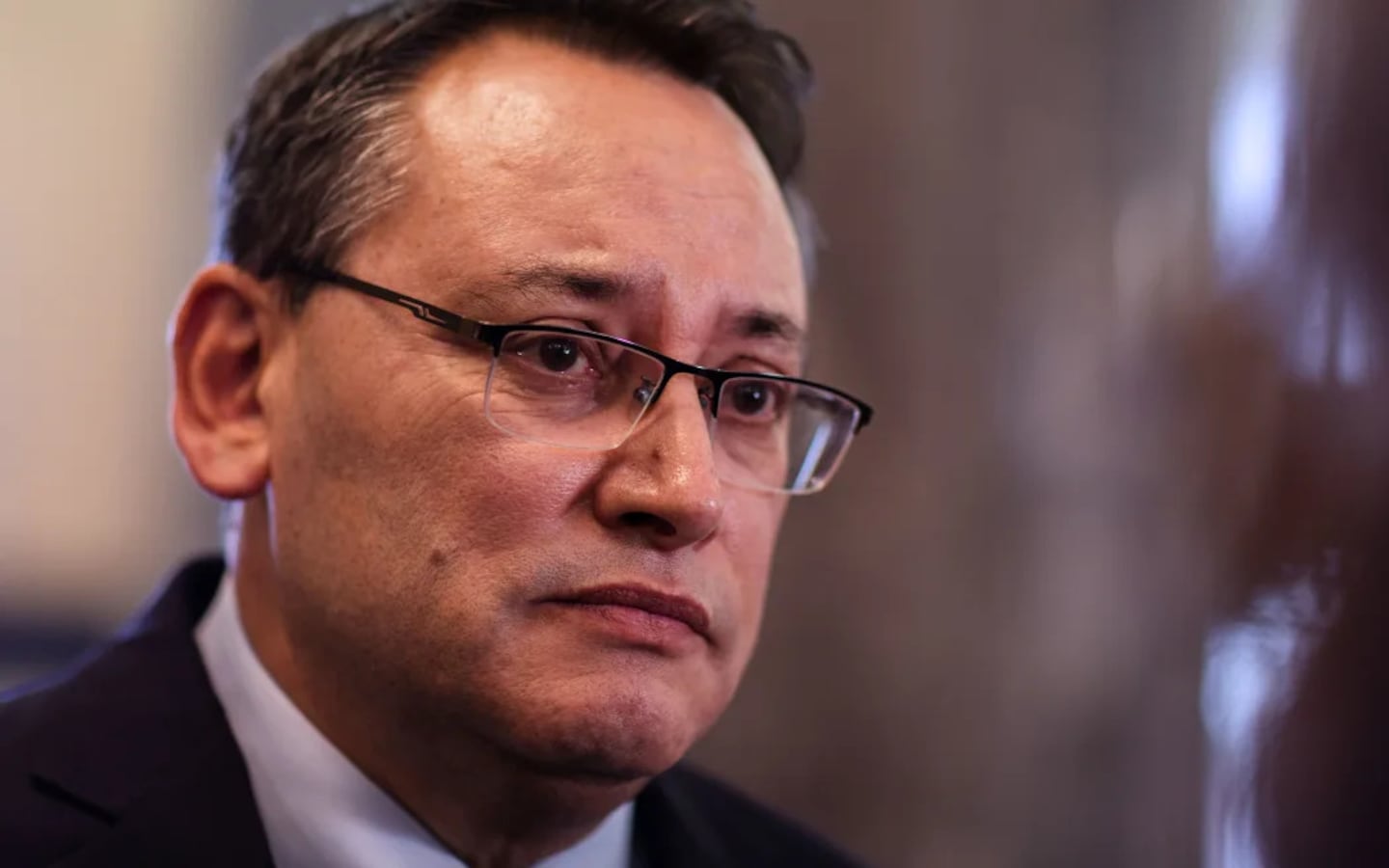A Waitangi Tribunal inquiry into the proposed scrapping of Te Aka Whai Ora, the Māori Health Authority, will proceed as planned next Thursday.
A Crown memorandum submitted to the Tribunal last week said a bill to disestablish the authority could be tabled in Parliament as early as 27 February, prompting accusations of not acting in good faith from Waitangi Tribunal complainants.
Health Minister Dr Shane Reti confirmed government plans to introduce the bill which would restrict the Waitangi Tribunal’s jurisdiction over the case, limiting its ability to conduct an urgent inquiry.
In a decision released Friday evening, the Tribunal said if the bill was tabled prior to completion of the hearing it would regain its jurisdiction and continue with its inquiry once the bill was passed.
The Crown submitted its Brief of Evidence to the Tribunal earlier this week.
Introducing the bill at the indicated date would limit the jurisdiction of the Tribunal and reduce the timeframe to carry out the urgent inquiry.
WAI 3307 claimant, Lady Tureiti Moxon said the Crown had not acted in good faith and a Tribunal directive issued in January requested the date it anticipated the bill would be introduced.
“The Crown basically said anytime between now and 8 March, so they didn’t indicate it was eminent at all, or give the Tribunal a courtesy heads up until last night, saying that it will be 27th February.”
Crown lawyers said the inquiry timeline was based on the last date a bill could be tabled before the coalition government’s 100-day plan would be concluded, 8 March.
Reti said scrapping the Māori Authority was one of 49 objectives set out in the coalition government’s 100-day plan and introducing legislation was not based on the timeline of the urgent hearing.
“The date to give effect to this commitment is expected to be next week, however Parliamentary timings are always subject to change,” he said.
“Timing for the introduction of this legislation has not been set based on a Waitangi Tribunal hearing timeline - it simply reflects the 100-day plan concluding by 8 March.”
Reti said plans to scrap the body were included in each coalition partners manifesto and were campaigned on extensively.
“We acknowledge the concerns and energy the claimants and interested parties have invested in bringing their claim to the Tribunal, and the work of the Tribunal which is still in progress.
“After the legislation comes into effect, the Waitangi Tribunal will again have jurisdiction to consider a claim.”

Plans to scrap the authority by the coalition government were challenged in December last year by Māori health advocates, who requested an urgent hearing into the matter.
A memorandum from the Crown submitted to the Tribunal late last month opposed the inquiry, arguing the Tribunal should wait until the legislative process was concluded before deciding whether an inquiry was needed.
It also argued the Tribunal adhere to a ‘non-interference’ principle, which states the Courts not allow their processes to interfere with the functioning of other branches, like Parliament.
Judge Damian Stone agreed the principle applied to the Courts, but not the Tribunal, stating it was a common argument put up by the Crown.
The hearing is set to take place on 29 February and 1 March at the Waitangi Tribunal offices in Wellington.

